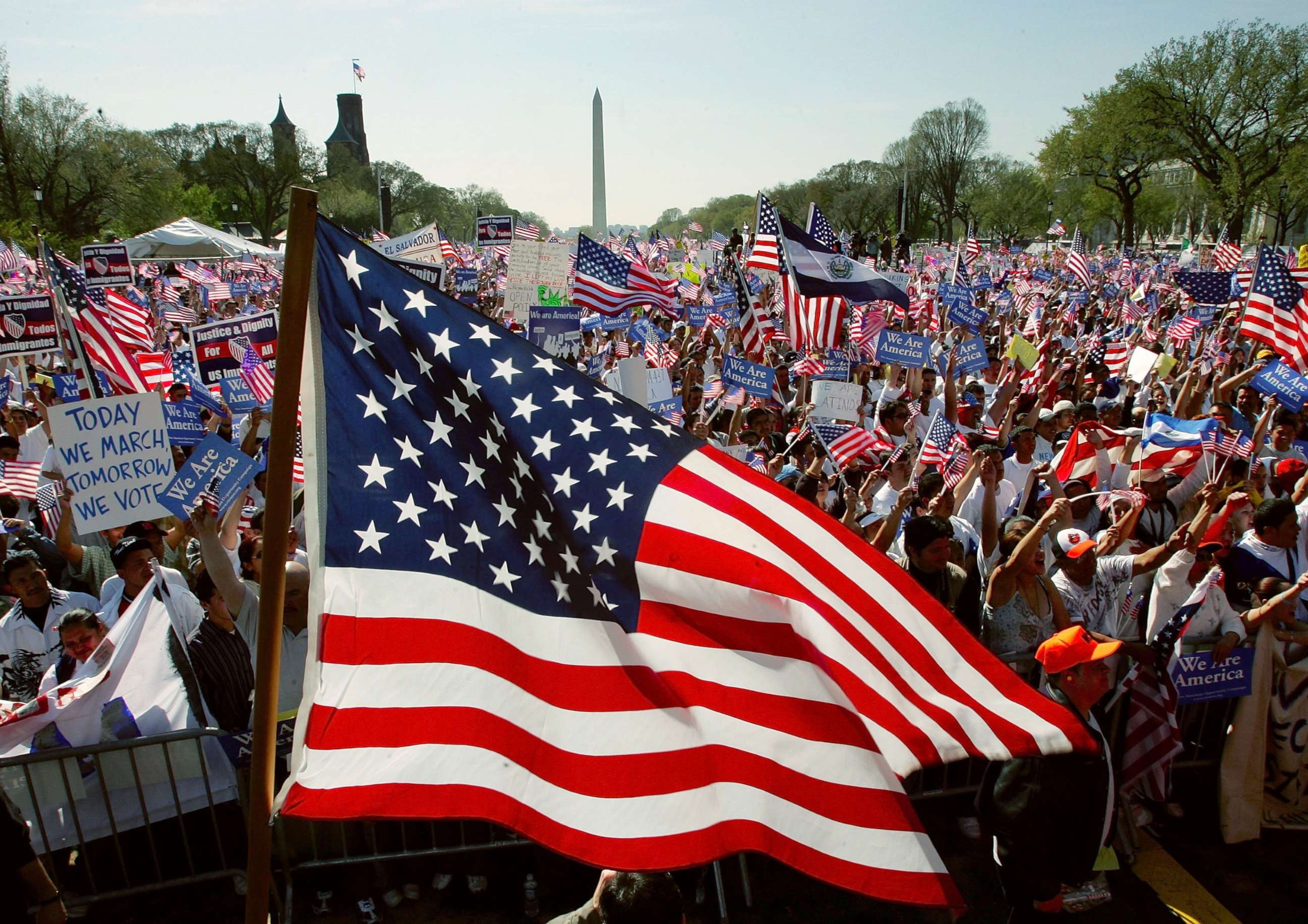Quiz shows how your views on race relations compare with the rest of Americans
Opinions on the current state of race relations are divided along racial lines.
The Pew Research Center has launched an interactive quiz that allows users to see how their views on race and race relations in the United States compare with the rest of the country.
Earlier this year, the Washington-based nonpartisan center conducted an online survey of 6,637 adults and found that Americans are divided along racial lines in their opinions on the legacy of slavery, how to achieve diversity and the importance of their own racial or ethnic background.
Now, in a quiz called "Who shares your views on race?" users can answer 11 questions from that survey to see their answers side-by-side with the survey results.
Users are asked, for example, if they think race relations in the United States are "generally bad" or "generally good."
If the answer is "generally bad," users will learn that a majority of adults -- 58% -- agree, including more than half of whites, blacks and Hispanics.

Another question asks about how "the legacy of slavery affects the position of black people in American society today," and respondents can choose between “a great deal,” “a fair amount,” “not much” and “not at all.” White and Hispanic respondents were generally divided on the question, while 59% of black respondents answered "a great deal."
When it comes to improving race relations, whites are more likely than black and Hispanic adults to say it's more important for people to focus on "what different racial and ethnic groups have in common," rather than choosing the other possible response -- "the unique experiences of different racial and ethnic groups."
The survey found that black adults are much more likely than whites and Hispanics to say students "should go to schools that are racially and ethnically mixed, even if that means some students don't go to school in their local community." In contrast, most whites say students "should go to schools in their local community, even if it means that most schools are not racially and ethnically mixed." Meanwhile, Hispanic adults are split on the issue.
The majority of all adults say they are satisfied with the racial mix of the communities where they live, and this remains true across racial and ethnic groups.
The study found that, across racial and ethnic groups, a majority of all adults say their families "rarely" or "never" talked with them about the advantages they might have because of their race or ethnicity. But black and Hispanics are more likely than whites to say they have had these conversations.



